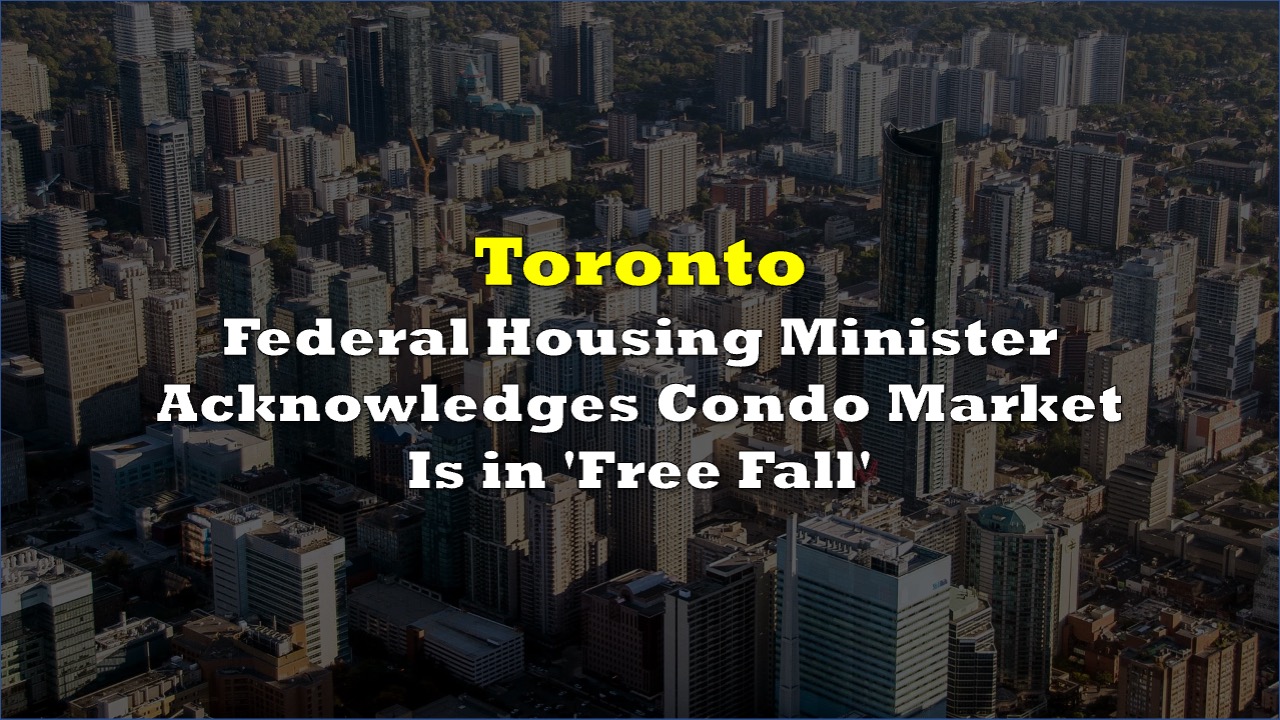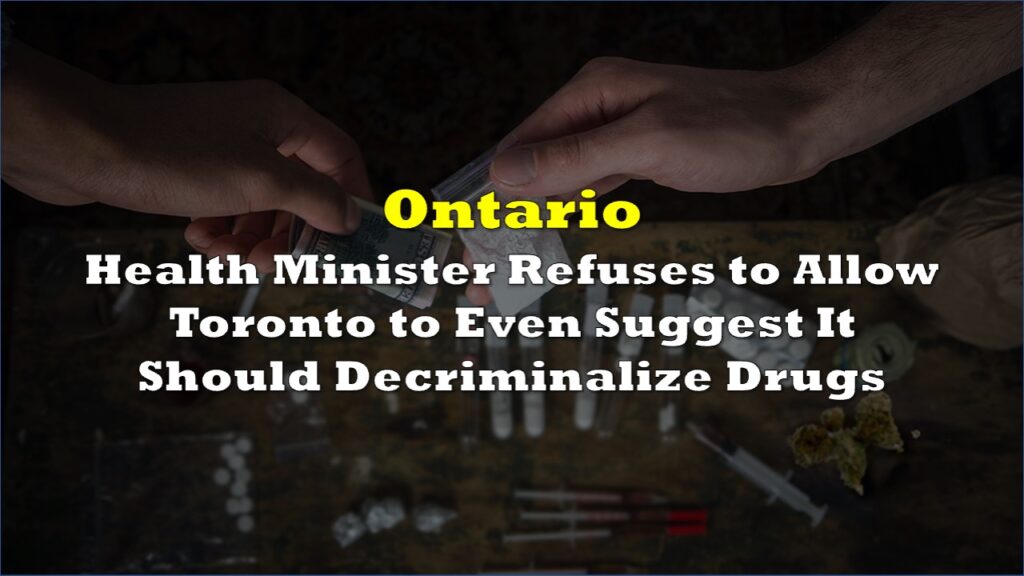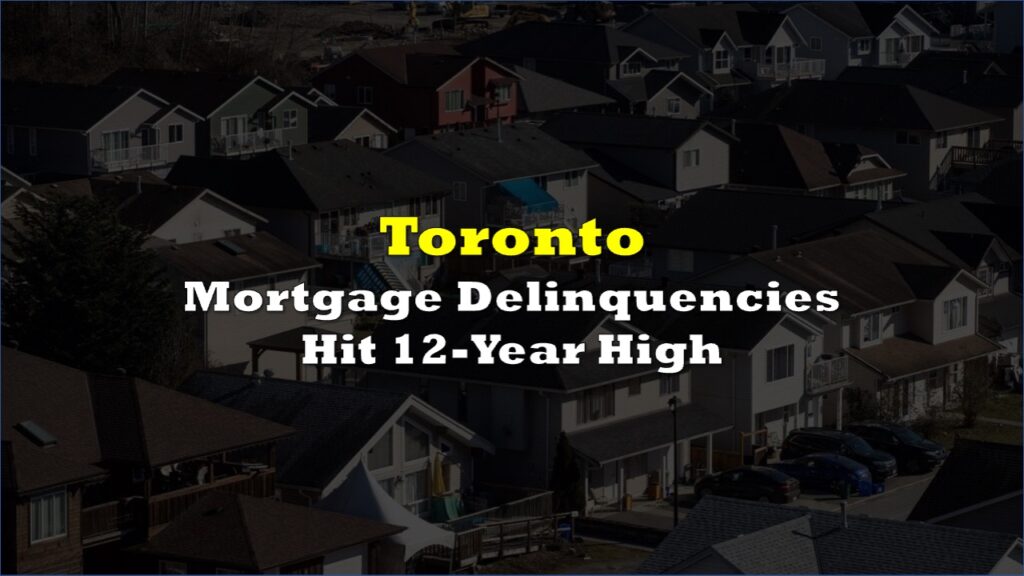Federal Housing Minister Gregor Robertson acknowledged Wednesday that Toronto’s condominium market is in “free fall.” This is the government’s starkest assessment yet of the struggling sector.
“We were in a housing bubble,” Robertson told reporters following a tour of Oak House, a new University of Toronto residence. The admission represents a significant shift in tone from the Liberal government, which has previously focused on supply solutions rather than acknowledging price declines.
Toronto condo market is in ‘free fall,’ federal housing minister says
— Daniel Foch (@daniel_foch) September 3, 2025
“We were in a housing bubble,” Robertson said following a tour of Oak House, a new University of Toronto residence. https://t.co/XrfiywJj94
Toronto’s condo market faces unprecedented challenges. Average condo prices have fallen 8.1% year-over-year to $577,600 as of July, according to market data, while new condo sales plummeted 62% in the first quarter of 2025 to hit their lowest level since 1995.
Industry data shows the crisis deepening across key metrics. Condo sales dropped 75% in Toronto between 2022 and early 2025, according to Canada Mortgage and Housing Corporation figures. New construction starts fell 79% in the first quarter, reaching the lowest level since 1996.
Related: Toronto Housing Market Inventory Soars to Record Levels
The downturn has accelerated throughout 2025. Approximately 31,000 new condo units are expected to be completed in 2025, flooding the market with inventory as buyer demand remains weak. Many of these units were purchased years ago at peak prices, creating potential closing difficulties for buyers facing units now worth significantly less than their purchase price.
In May, Robertson argued that the government’s objective was to boost supply rather than lower home prices, defending his record as Vancouver mayor despite home prices surging nearly 200% during his tenure.
The condo market’s struggles extend beyond Toronto, with similar trends affecting Vancouver and other major Canadian centers. Industry analysts warn the correction may deepen, with some economists projecting values could drop 15-20% below 2023 peaks before year-end.
Real estate experts say the collapse stems from a combination of factors, including higher interest rates, reduced immigration, investor exodus, and oversupply of units that developers initially targeted at speculators rather than end users.
Information for this story was found via the sources and companies mentioned. The author has no securities or affiliations related to the organizations discussed. Not a recommendation to buy or sell. Always do additional research and consult a professional before purchasing a security. The author holds no licenses.










One Response
I get a kick out of ‘reduced immigration’ as an excuse for anything other than a drop in crime. People with real skills and a sense of right from wrong migrate LEGALLY. Always have; always will. They get mortgages and pay their rent. Illegals not so much. Sorry for that cold slap of reality. Now developers targeting speculators… move that above higher interest rates.